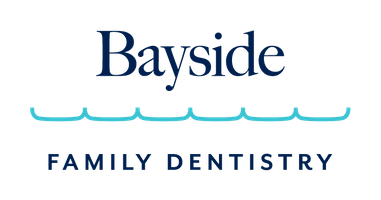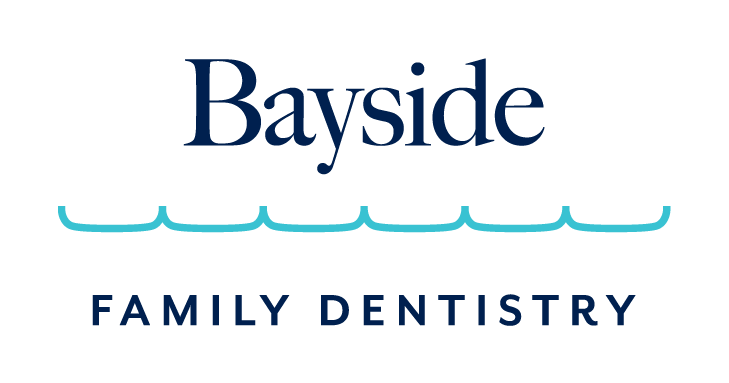Hygiene / Gum Health Periodontal Disease
It’s amazing how many of our patients ‘think’ they brush well everyday. But how you brush your teeth matters a great deal. Divide your teeth into sections and start at the back of the mouth with the toothbrush bristle at the gum line or at a 45° angle. Brush gently in a circular motion, and finish with a spit, not a rinse.
If you have an electric toothbrush, you should be guiding the moving brush head slowly from tooth to tooth following the contours of the tooth and the curve of the gums.
Try to avoid brushing with too much force as this can damage the surface of your teeth and gums. You only need a pea-sized amount to get the job done.
Have your pearly whites gone a little yellow?
Are you overdue for your regular clean?
Book in for your dental hygiene visit today, your teeth and gums will thank you for it.



Tools of the trade
You are always best using a soft-bristled toothbrush with a small head and a flexible neck because this will most effectively remove plaque and debris from your teeth, without damaging your teeth and gums.
Replace your brush every three months, and if you’ve just had a cold, replace your toothbrush, as germs harbour on the toothbrush.
Cleaning your braces
It’s recommended that you brush your teeth and braces after every meal, to clean away the food debris and plaque that can accumulate in the brackets. The best technique is to hold your brush at a 45-degree angle to the gums, much like a standard brushing technique, before moving on to brushing downwards to clean the top of the brackets and brushing upwards to clean the bottom section.
Frequently Asked Questions - Dental Hygiene
How long should you brush your teeth for?
2 minutes brushing can feel like an eternity. Use a brushing timer or play a song on your phone/ipad and brush until it’s finished. These are 2 ways to make sure your teeth get a proper clean.
How do you fix poor oral hygiene?
We don’t really fix poor oral hygiene. At your hygiene visit we clean the plaque from the tooth surfaces but more importantly we educate you in how to keep the plaque away. Yes brushing your teeth, removes the plaque that causes tooth decay and gum disease, is important. However your brushing technique, the time it takes to brush properly, and the frequency of how many times a day you brush, all plays a crucial part. Over 50% of adults surveyed only brush once a day in Australia!
To gain the maximum benefit from brushing your teeth, you should be brushing for at least two minutes morning and night with a fluoridated toothpaste.
Have your pearly whites gone a little yellow?
Are you overdue for your regular clean?
Book in for your dental hygiene visit today, your teeth and gums will thank you for it.




